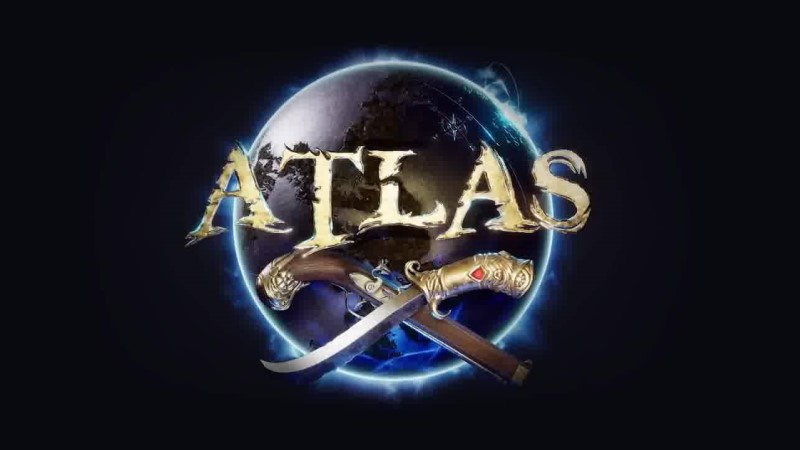

It’s not just an AAA-level MMO, although that in itself is exciting. Star Atlas is a game - and a public utilityĪnd that is what makes Star Atlas such an interesting project. Star Atlas, in that case, “is like true home ownership.” If a player ever decides to leave the Star Atlas universe, they can sell that asset - and hopefully make a profit. But the second you decide that you no longer want to play that game, you forfeit all of those items back to the game universe.” “Things like character, the apparel on your character, the way your character looks, you have access to those items while you're in the game environment. “When you're a player, you're purchasing access to a title and you get to rent time inside the game universe,” he says. Wagner likes to describe traditional gaming revenue models as rent-based. “The idea is that in the future, we don't have complete control over the outcome of the metaverse.” “As $POLIS gets distributed, we give up that majority stake that we have, and then it's totally feasible for the public at large to implement changes that maybe we don’t want,” Wagner explained. Any player holding $POLIS can make decisions about the game - and perhaps most interestingly, outvote the creators. Star Atlas has layers of governance built in that are controlled by players, from local corporations and guilds to giant regional DAOs. $POLIS, meanwhile, means you get to play the other aspect of the game - political intrigue. “There are very few items in the game that aren't owned by players,” Wagner said. Almost everything in Star Atlas, from starships to land to mining platforms, is an NFT. Players can earn $ATLAS by doing various activities, like mining ore and selling it in the in-game market, or even by selling their assets. The first, $ATLAS, is the typical in-game currency. This whole system is built on Star Atlas’ two tokens. $ATLAS, $POLIS, and building a metaverse economy Players can earn in-game currency ($ATLAS and $POLIS, more on that below), buy anything from ships to space stations to land, and go on missions.Īlthough that sounds like many games already out there, there’s a key difference: Star Atlas is powered by blockchain technology - which means that the players truly own the stuff they win or buy in the game.

Three factions split control, while somewhere in the deepest, most dangerous sector of space, something extremely valuable lurks. The universe has been colonized, and balkanized.

On its face, Star Atlas is an MMO set in the year 2620. “ Star Atlas,” CEO Mike Wagner admits, “is more complex than it sounds.” The answers are fascinating - and show how high-speed blockchain technology like Solana can really bring gaming into the future. An AAA-level crypto game? What is it? What does it have to do with crypto? When this cryptic teaser was released on August 25th, it lit crypto twitter aflame.


 0 kommentar(er)
0 kommentar(er)
